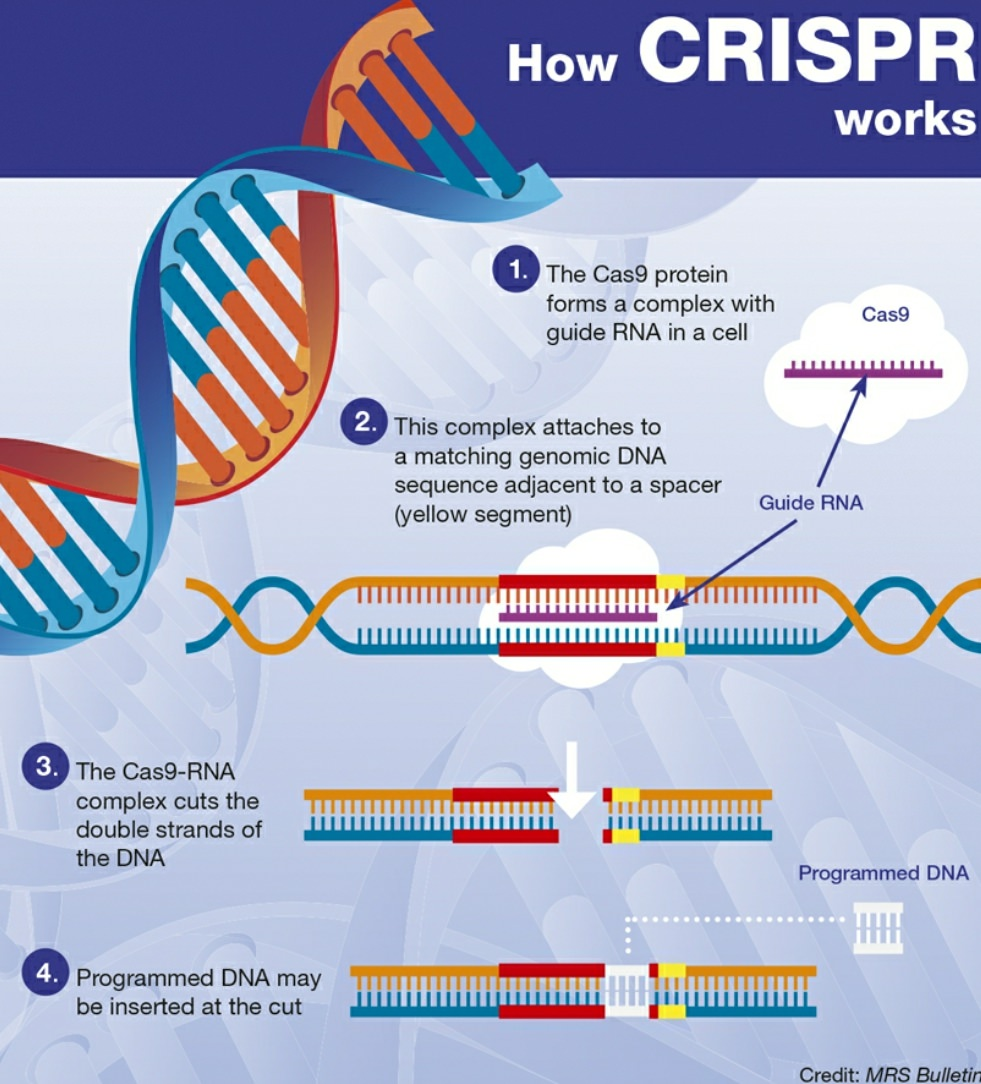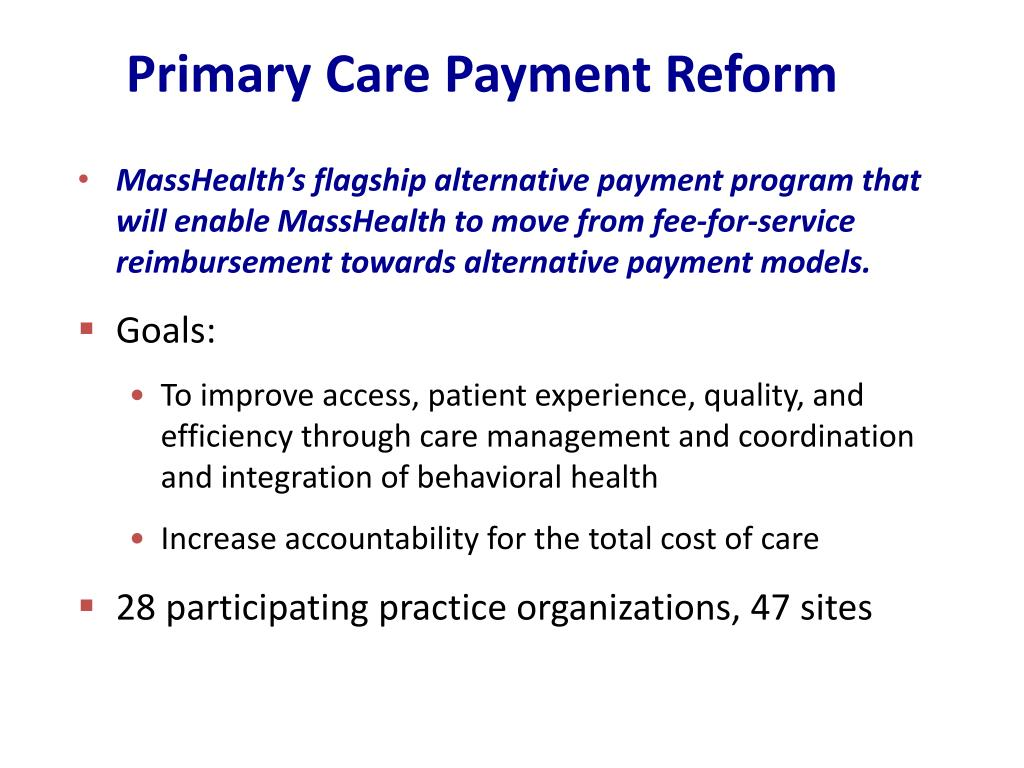CRISPR gene editing has emerged as a groundbreaking tool that is revolutionizing the field of genetics and medicine. With its precision and versatility, CRISPR technology enables scientists to edit genes with unprecedented accuracy, opening the door to potential cures for genetic disorders such as sickle cell anemia. However, as we delve deeper into the capabilities of gene editing, we must also confront the broad implications it has for gene therapy ethics and health justice in medicine. What responsibilities do we hold when we possess the power to alter human DNA? The ongoing debate surrounding the ethics of gene editing not only poses questions about the right to change our genetic makeup but also highlights the significant disparities in access to these advances in healthcare.
Gene modification and genome editing represent a new frontier in therapeutic possibilities that challenge our understanding of health and disease management. The implications of these advancements, such as the ability to eliminate hereditary illnesses and enhance human traits, beckon deeper discussions about moral obligations surrounding genetic engineering practices. In particular, discussions around gene editing ethics demand our attention as they intersect with broader issues of health equity and justice. As we explore gene therapy implications, it is crucial to consider who stands to benefit from these technological strides and at what cost, highlighting the need for inclusive dialogues that encompass the diverse experiences of affected individuals and communities. The potential of CRISPR-like technologies raises critical questions that extend beyond the laboratory, shaping the future of medicine and society alike.
The Ethical Landscape of CRISPR Gene Editing
As CRISPR gene editing technology evolves, it prompts a profound examination of the ethical landscape surrounding its applications. With the potential to alter genetic makeup fundamentally, questions arise about the morality of modifying human traits. For instance, should we empower parents to choose specific characteristics for their children, such as intellectual capabilities or physical attributes? This dilemma invites a broader dialogue about the societal implications of these capabilities, challenging our understanding of ethics in medical advancements.
Moreover, the ethical concerns extend beyond individual choices to encompass broader implications for societal health equity. As highlighted by Neal Baer during his talk, the high cost of gene editing procedures, such as those aimed at curing sickle cell disease, raises pertinent questions about accessibility. If these treatments remain unaffordable for the most disadvantaged populations, we risk exacerbating health disparities rather than mitigating them. Thus, the intersection of ethics and technology demands a collective engagement, ensuring the benefits of CRISPR gene editing reach all corners of society.
CRISPR Technology and Its Impact on Sickle Cell Disease
CRISPR technology holds remarkable promise for providing a potential cure for sickle cell disease, a painful genetic condition affecting thousands worldwide. By enabling scientists to precisely edit the genes responsible for the disease, CRISPR offers a transformative approach that could alleviate immense suffering. The manipulation of somatic cells permits doctors to target the genetic mutations directly, leading to functional cures that could dramatically enhance the quality of life for patients.
However, while the scientific possibilities are exciting, they must be weighed against the ethical questions that arise. The significant costs associated with such gene therapy interventions raise concerns about who will benefit from these treatments. If breakthroughs in CRISPR lead to exorbitant prices, as Baer pointed out, how can we ensure equitable access for those in need? Solutions must prioritize health justice, advocating not only for innovation but for policies that ensure these advancements are available to all, equitably addressing the needs of those most affected by genetic disorders.
The Debate Over Genetic Modification and Human Diversity
The advent of CRISPR gene editing raises critical discussions about genetic modification and its implications for human diversity. As we venture into the realm of editing traits, the potential for creating a notion of ‘designer babies’ becomes a possible reality. The ethical dilemma of whether parents should have the right to choose attributes for their children invites serious reflection on the nature of human variation. Voices such as Carol Padden highlight the importance of recognizing that differences, such as deafness, may not necessarily be viewed as pathologies requiring ‘fixing’. This conversation challenges our definitions of normalcy and invites a reevaluation of what it means to be human.
In this complex debate, it’s crucial to consider the responsibility that comes with such powerful technology. The desire to enhance human capabilities must be balanced against the potential consequences of homogenizing human traits. Ethical frameworks are necessary to guide the conversations surrounding gene editing, ensuring that we celebrate and uphold the diversity inherent in our species rather than diminishing it in pursuit of unattainable ideals.
Health Justice in the Age of Gene Editing
As CRISPR technology advances, the concept of health justice becomes increasingly pertinent. The discussion surrounding the ethics of gene editing intersects with issues of accessibility and equity in healthcare. Neal Baer’s insights shed light on the troubling reality that technological innovations often benefit those who are already privileged, thus widening the gap between the fortunate and the underprivileged. When high-cost gene therapies are folded into the conversation, the question emerges: how can we ensure that life-saving treatments are available to those who need them most?
Addressing health justice in the context of gene editing requires a collective effort from scientists, policymakers, and society as a whole. We must advocate for strategies that promote equitable access to genetic therapies, ensuring that financial barriers do not limit opportunities for healing and improvement of life. The ethical implications of CRISPR gene editing compel us to address these disparities proactively, shaping a future where innovation serves the needs of all individuals, not just a select few.
The Unintended Consequences of Gene Editing
While CRISPR gene editing presents groundbreaking possibilities in treating genetic disorders, it is paramount to approach this powerful technology with caution regarding its unintended consequences. As Neal Baer pointed out, the manipulation of genes does not occur in isolation; it can lead to unforeseen effects on various biological processes. For instance, editing a gene that regulates cholesterol may inadvertently influence insulin production, introducing new health risks.
The complexity of genetic interactions necessitates rigorous oversight and a thorough understanding of potential side effects. Scientists must tread carefully to ensure that alterations do not yield adverse outcomes, highlighting the importance of long-term studies and ethical review processes in the field of gene editing. Awareness of these potential repercussions is crucial to responsibly harnessing the power of CRISPR technology.
Navigating Regulations in Genetic Modifications
As gene editing technology advances, the regulatory landscape must evolve to address the complexities it brings. Neal Baer’s discussion highlighted the challenges of oversight, especially in regions where regulatory frameworks may be lax. The need for stringent regulations is imperative to mitigate risks associated with germline editing and to prevent potential misuse of CRISPR technology. Countries that do not uphold ethical standards in genetic modification pose a significant threat to global healthcare integrity.
Effective regulatory measures must balance innovation with safety, ensuring that advancements in gene editing respect ethical guidelines and human rights. Implementing robust oversight mechanisms will help alert the scientific community and society to risks and ethical dilemmas, fostering an environment where gene editing can flourish responsibly while safeguarding the well-being of individuals and future generations.
The Future of Gene Therapy and Ethical Considerations
Looking forward, the trajectory of gene therapy through technologies like CRISPR presents both hope and ethical challenges. The potential for eradicating genetic diseases such as sickle cell is marvelous; however, the implications of such advancements invite scrutiny concerning their application in enhancements versus treatments. This raises critical debates among bioethicists, medical professionals, and society on the ethical boundaries of intervening in human genetics.
To navigate the future of gene therapy responsibly, it is essential to engage stakeholders from diverse backgrounds in conversations about ethical considerations. Collaborative dialog will help establish frameworks that promote equitable access to therapies while respecting human rights. As we stand at the frontier of gene editing technology, our commitment to ethical standards will determine the legacy of this powerful tool in enhancing human health.
CRISPR and the Transformation of Medical Practice
CRISPR gene editing is poised to revolutionize medical practice by facilitating targeted treatments for a range of genetic disorders. With the ability to edit genes at precise locations, CRISPR could significantly change how we approach diseases that have long plagued humanity. This transformative potential raises a promising future for medicine, where conditions like cystic fibrosis or muscular dystrophy could be tackled directly at their genetic origins.
Nevertheless, the transition to routine use of CRISPR in clinical settings must be met with careful planning and ethical scrutiny. Health practitioners and researchers must work collaboratively to establish best practices and protocols that uphold ethical principles while maximizing patient benefits. By placing an emphasis on patient education and informed consent, the medical field can guide society towards embracing this technology while navigating the complex ethical terrain it encompasses.
Educating Society on Genetic Editing Implications
As the discourse on CRISPR gene editing and its implications continues to evolve, educating the public on these topics is essential. Awareness of the benefits and ethical concerns surrounding gene editing can empower individuals to engage meaningfully in the conversations that shape our medical landscape. Comprehensive educational initiatives can demystify the technology, promoting informed discussions that consider both scientific advancements and societal values.
By fostering public understanding of genetic editing technologies, we can cultivate a society that prioritizes ethical considerations alongside scientific innovation. This engagement is critical for establishing a collective framework that addresses both the opportunities and challenges presented by CRISPR. As communities become informed advocates, society can work toward policies that reflect a commitment to justice and equity in the application of gene editing technologies.
Frequently Asked Questions
What are the ethical implications of CRISPR gene editing?
The ethical implications of CRISPR gene editing include concerns about the potential for eugenics, the moral responsibility of altering human traits, and the impacts of gene editing on health equality. As researchers like Neal Baer discuss, determining which traits are deemed ‘normal’ and worth altering poses significant ethical dilemmas. Furthermore, without proper oversight, advancements in CRISPR technology could exacerbate existing inequities in access to healthcare.
Can CRISPR technology cure sickle cell disease?
Yes, CRISPR technology has shown great promise in curing sickle cell disease by editing the genes responsible for the condition. By targeting somatic cells, scientists have successfully removed the genetic mutations that cause sickle cell anemia, providing hope for effective treatment. However, the cost of such treatments, around $2.2 million, raises important questions about affordability and health justice in medicine.
What are the potential risks of gene therapy implications related to CRISPR gene editing?
Potential risks of gene therapy implications using CRISPR gene editing include unintended genetic mutations that may arise from the editing process, ethical concerns about germline editing, and the societal impact of genetic modifications. Such alterations could lead to unforeseen health issues or societal disparities if not monitored carefully. Researchers emphasize the need for a robust ethical framework to address these risks.
How does PRISPR gene editing contribute to discussions on health justice in medicine?
CRISPR gene editing contributes to discussions on health justice in medicine by highlighting disparities in access to cutting-edge treatments. As advancements in gene editing like those for sickle cell disease demonstrate the potential for life-saving therapies, discussions arise around who can afford these innovations. Ensuring equitable access to CRISPR treatments is crucial to avoid widening the gap between those who have health resources and those who do not.
What challenges does CRISPR gene editing pose for healthcare oversight?
CRISPR gene editing poses significant challenges for healthcare oversight, particularly regarding the regulation of germline editing and ensuring ethical practices in genetic modifications. While certain practices are illegal in many regions, the global nature of research raises concerns about compliance and monitoring, as highlighted by the potential for rogue advancements in countries with lax regulations. Effective oversight is essential to prevent misuse and ensure public safety.
Should CRISPR gene editing be used for non-lethal conditions like Down syndrome?
The question of whether CRISPR gene editing should be used for non-lethal conditions such as Down syndrome raises complex ethical considerations. Many argue that altering traits compatible with life may undermine the value of human diversity. This debate centers on who decides which conditions merit intervention and the implications of such choices on societal perceptions of disability and human variation.
What unintended consequences can arise from CRISPR gene editing?
Unintended consequences from CRISPR gene editing can include off-target effects, where genes other than the intended target are altered, leading to unforeseen health issues. Additionally, editing a gene that has evolved over millions of years may disrupt essential biological processes, creating a cascade of negative interactions. As such, thorough research and cautious application are vital in the deployment of this powerful technology.
| Key Points | Details |
|---|---|
| The ethical dilemma of gene editing | The talk discussed whether we should change human differences and the implications of such changes. |
| CRISPR’s medical promise | CRISPR can cure conditions like sickle cell anemia but raises questions about who should benefit from such treatments. |
| Economic implications of gene editing | The cost of treatments like sickle cell cures is high ($2.2 million), posing questions of health equity. |
| Parental rights and decision-making | The ethics concerning parental decisions about genetic modifications for their children, such as selecting traits. |
| Oversight and regulation challenges | Concerns over the global enforcement of laws against unethical gene editing practices. |
| Unintended consequences of gene edits | Editing genes could lead to unforeseen health issues due to complex genetic interactions. |
Summary
CRISPR gene editing represents a revolutionary advancement in medical science, offering the potential for cures to diseases like sickle cell anemia. However, this technology also raises crucial ethical considerations regarding who benefits from such advancements, the economic implications of expensive treatments, and the role of parental choice in genetic modifications. Furthermore, the risk of unintended consequences and the necessity for stringent oversight complicate the landscape of gene editing. As society navigates these complex issues, it is imperative to prioritize fairness and ethics to ensure health equity in the application of CRISPR technology.



